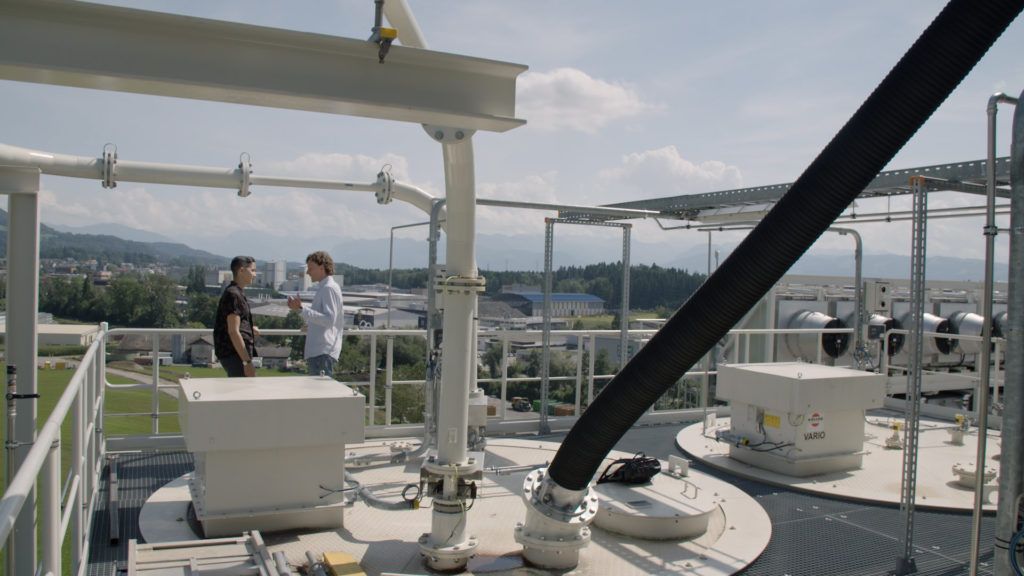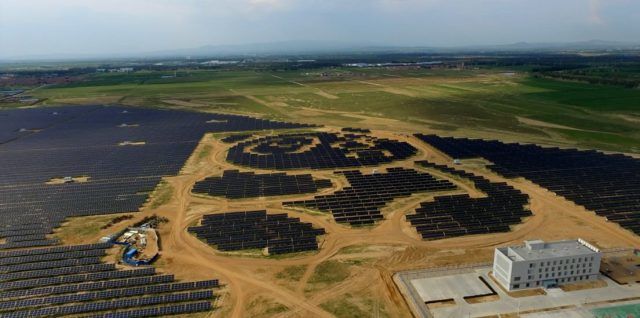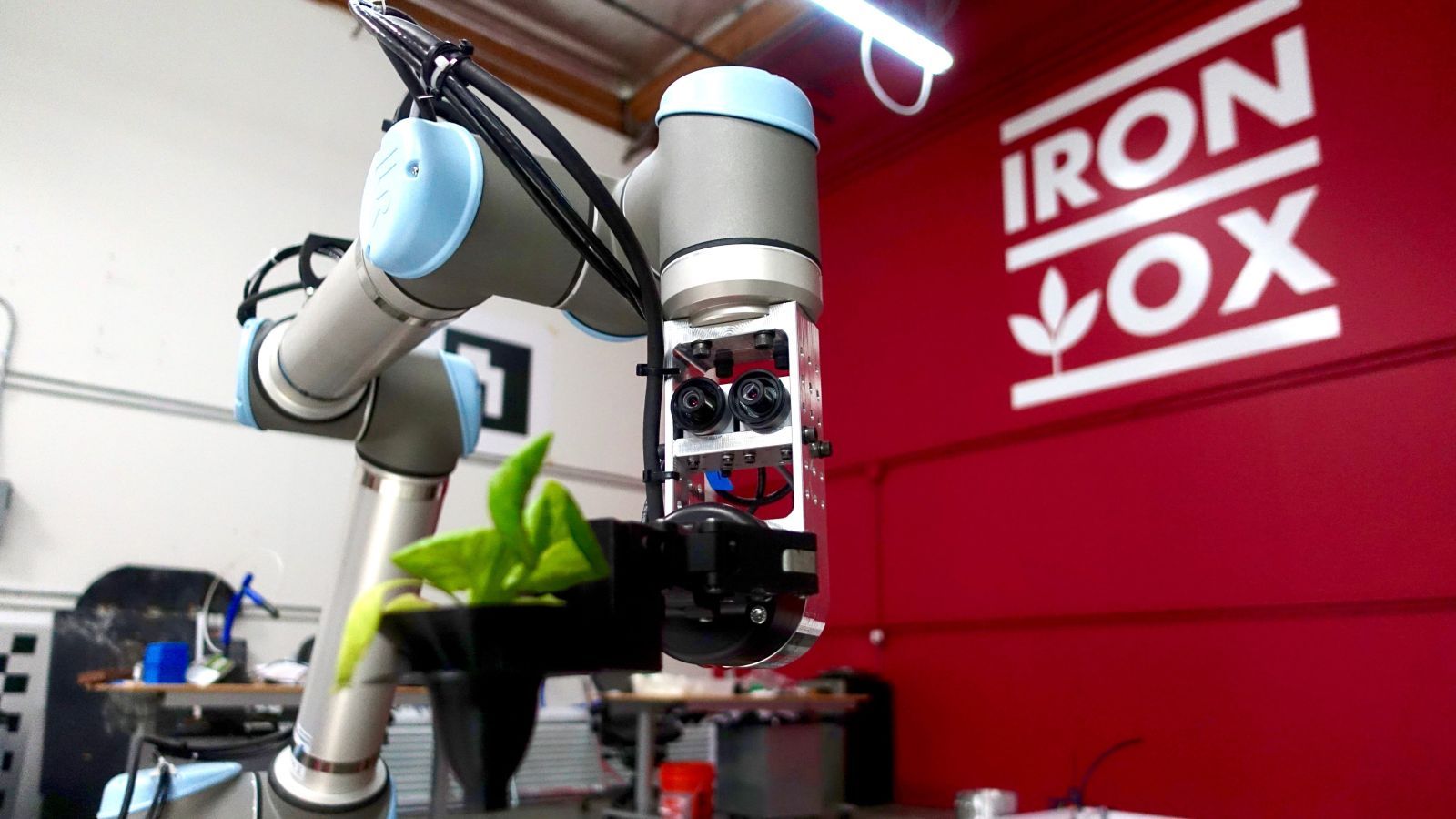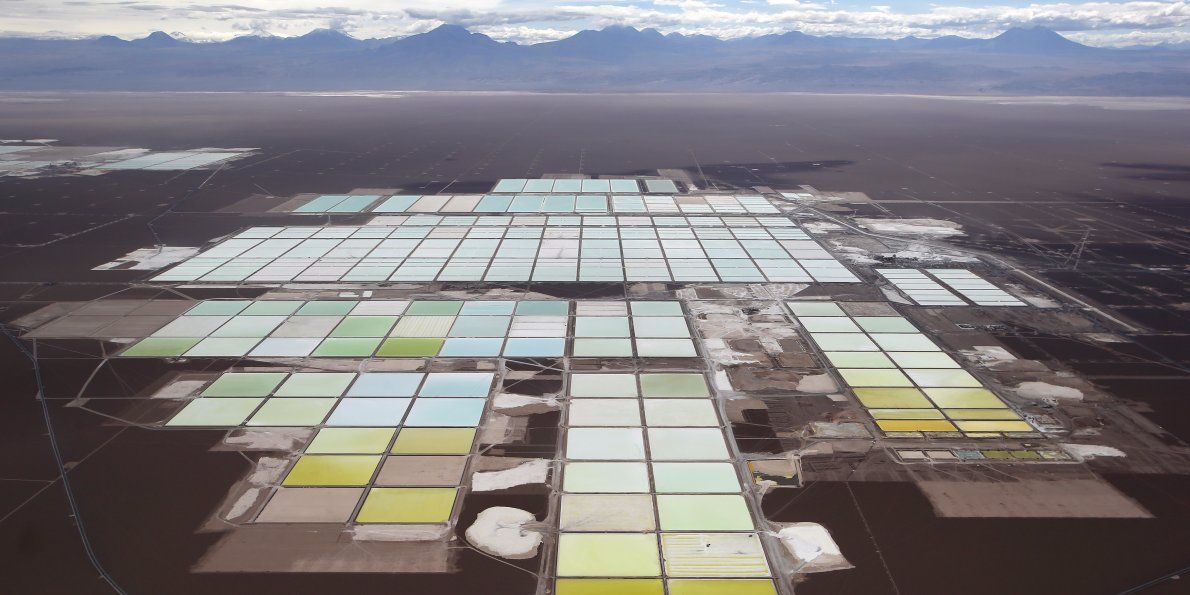A WISE driver keeps an eye on the fuel gauge, to make timely stops at filling stations. For drivers of electric cars, though, those stations are few and far between. The infrastructure needed for refilling batteries has yet to be developed, and the technology which that infrastructure will use is still up for grabs. Most electric cars are fitted with plugs. But plugs and their associated cables and charging points bring problems. The cables are trip hazards. The charging points add to street clutter. And the copper wire involved is an invitation to thieves. Many engineers would therefore like to develop a second way of charging electric vehicles—one that is wireless and can thus be buried underground.
Electrical induction, the underlying principle behind wireless charging, was discovered by Michael Faraday in 1831, and is widely used in things such as electric motors and generators. Faraday observed that moving a conductor through a magnetic field induced a current in that conductor. Subsequent investigations showed that this also works if the conductor is stationary and the magnetic field is moving. Since electric currents generate magnetic fields, and if the current alternates so does the field, an alternating current creates a field that is continuously moving. This means that running such a current through a conductor will induce a similar current in another, nearby, conductor. That induced current can then be used for whatever purpose an engineer chooses.







